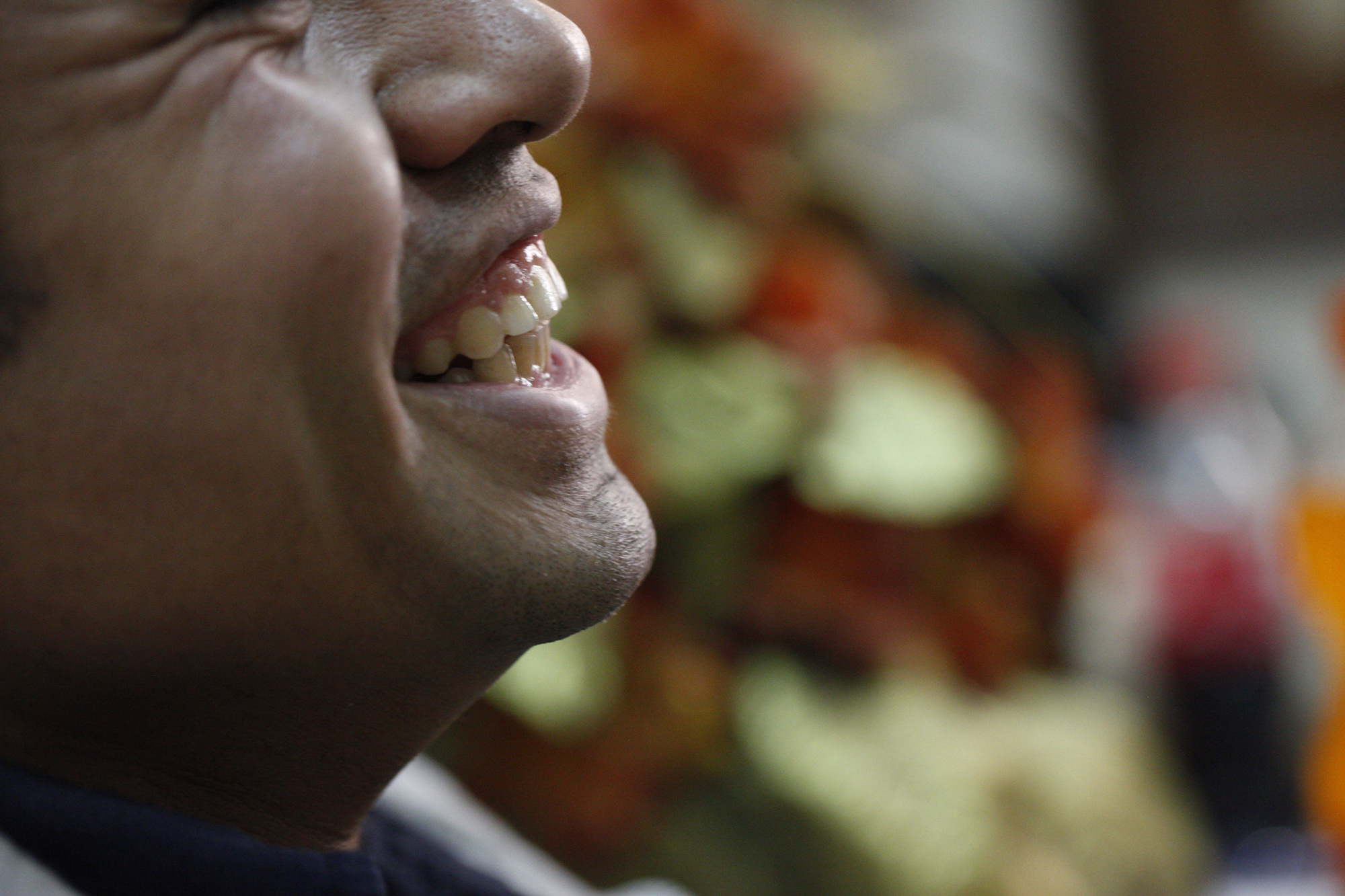
EDITOR’S NOTE: It’s been more than a year since the early, heady days of what some have called the “Arab Spring” protest movements led primarily by Arab young people yearning for greater personal and political freedoms. This is one of six stories in Baptist Press today exploring the lives of six men and women coping with radical change. And, for an overview story about the intervening months, see today’s Baptist Press story, “Whatever happened to the ‘Arab Spring’?”
CAIRO (BP) — A group of Muslim students at Al-Azhar University — Cairo’s world-renowned, millennium-old center of Islamic learning — researched the life and character of Jesus several years ago.
They carefully studied what the Bible, the Quran (Islam’s holy book) and various commentaries said about Him. They considered evidence from other sources. They debated controversial issues, such Jesus’ crucifixion and whether He really died and rose again.
Their conclusion: Jesus Christ is the Messiah.
Shortly after they presented their findings to their professors, the students received letters of expulsion from the university.
One of those students was Sameh*, a young man from Upper Egypt. He had been searching for the truth about Jesus long before coming to Al-Azhar. He grew up the son of a farmer and attended an Islamic school as a teenager. But he became curious about the differences between the Bible and the Quran. Quietly, he began to study and compare the two using Internet resources.
Then, like so many Muslims who hunger for truth, he had a dream. It was a vividly detailed vision of a church he had never seen before and a sermon delivered by a preacher he had never met. Later, he found that very church in Cairo, where he heard that very message.
“I knew that this was a revelation, and I understood then that I have to come closer to the Lord and to the church,” Sameh recounts. “I was very encouraged to know that God had started to speak to me.” He listened, believed — and followed.
Why are Muslims throughout the Middle East and beyond having dreams and visions about Christ? “Because the Lord Himself is working,” Sameh contends. “Christians in Egypt have always been afraid to share their faith, so God Himself has started to move,” revealing Himself directly to Muslims. God-sent dreams and visions typically direct the seekers who experience them toward Christ, the Word of God or a church where other believers can be found.
Sameh, now 27, is relatively quiet, but he exudes determination. He lives and works in Cairo, where it’s much easier for a Muslim-background follower of Christ to connect with other believers — and discipleship training — than in rural, more conservative areas. His family doesn’t know about his spiritual decision, but he prays that one day he can share with them.
When Egypt’s revolution began in 2011, Sameh felt a mixture of confusion, fear and hope — as did many Egyptians. But whether social and political change ultimately results in greater freedom for believers or greater persecution, it won’t deter him from his own revolutionary goal: “to speak about what God has done with me and to witness to everybody about His work. … He is not dead. He is living.”
Sameh treasures the memory of Christians and Muslims coming back to Tahrir Square (site of the demonstrations that toppled the Mubarak regime) on New Year’s Eve to sing songs together.
“Even though a lot of Islamists are taking positions of power, that is not going to continue forever,” Sameh predicts. “It is a storm in a cup.”
As for the church, Sameh is diplomatic, but he believes it’s time for Egyptian Christians to take a stronger public stand for the Gospel, despite their long history of persecution by majority Muslims.
“Christians have a problem with understanding their own religion because, if they understand their faith, they’re going to make real change,” he says. “The church has to move; it is not moving towards those from other backgrounds. But there’s a positive change these days. I see more openness. I see the church responding to those outside. That is a good beginning, but the political situation stops the church from going on. We have to remember that we are not fully free to evangelize, even after the revolution. Muslims have the freedom to call others to come to their faith, but Christians don’t yet have that freedom.
“If you want to have a real balance, you have to give the freedom for all Christians and Muslims to choose whether to follow this way or that. Pray for that freedom. Egypt deserves better.”
–30–
*Name changed. Erich Bridges is the International Mission Board’s global correspondent.

















